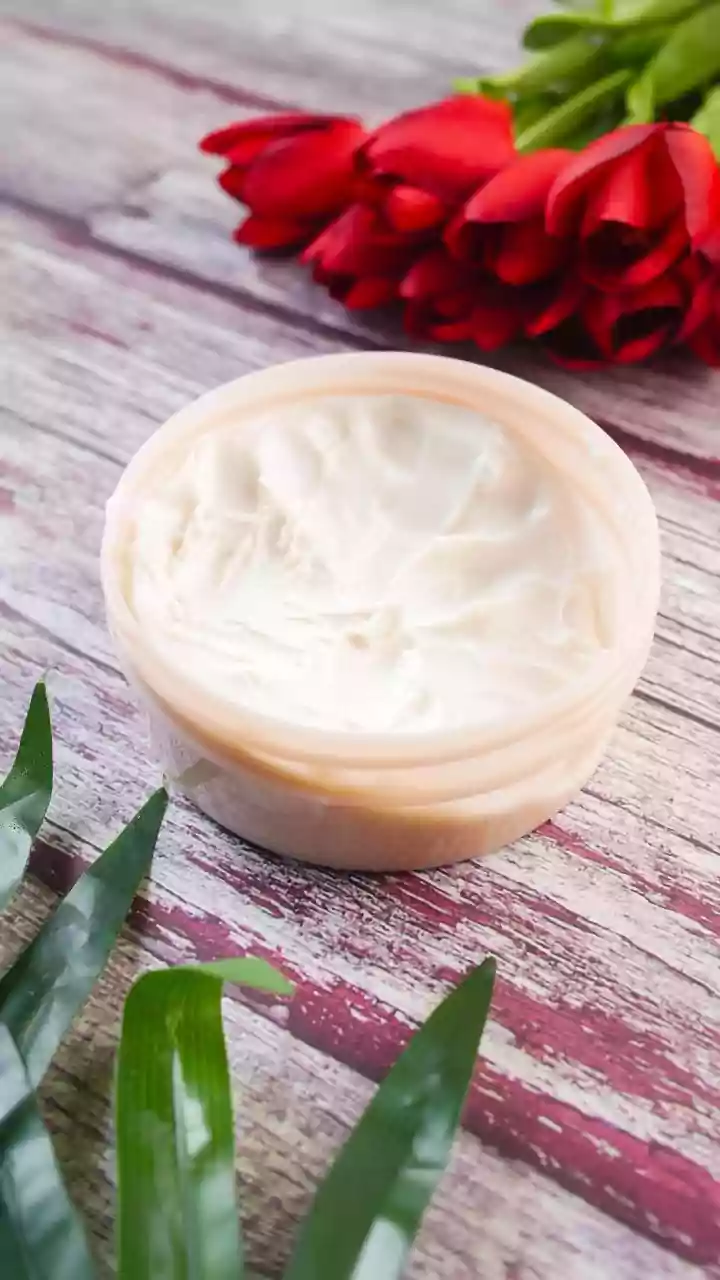Unveiling Skin Care: A Guide to Radiant Skin in Busy Lives. Discover the secrets to glowing skin amidst the chaos of daily life!
In the bustling life of India, where pollution and the scorching sun are
daily realities, taking care of your skin is not a luxury, but a necessity. Every woman wants healthy, glowing skin, but with so many products and advice floating around, figuring out where to start can be overwhelming.
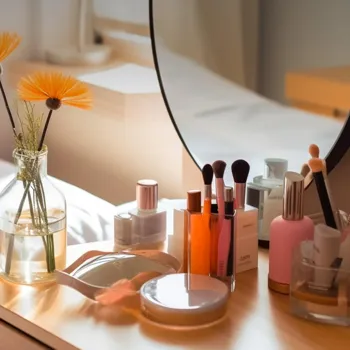
Fear not! This article breaks down the basics of skin care in simple terms, so you can build a routine that works for you and your busy life. Let's dive in!
Understanding skin types crucial for skincare success
Before you slather on every cream and potion you see advertised, it's crucial to understand your skin type. Think of it as laying the foundation for a beautiful building. Without a strong foundation, the building will crumble.
Similarly, using the wrong products for your skin type can lead to breakouts, dryness, or irritation. The main skin types are: oily, dry, combination, normal, and sensitive. Oily skin is characterised by a shiny appearance and larger pores, often prone to blackheads and pimples.
Dry skin, on the other hand, feels tight, flaky, and can be itchy. Combination skin has oily patches (usually the T-zone – forehead, nose, and chin) and dry or normal areas elsewhere. Normal skin is well-balanced, with small pores and minimal sensitivity.
Sensitive skin reacts easily to products and environmental factors, often becoming red, itchy, or inflamed.
Know your skin type to choose appropriate skincare products
Knowing your skin type will guide you in choosing the right cleansers, moisturisers, and sunscreens. For oily skin, look for oil-free or gel-based products. Dry skin benefits from rich, creamy formulas.
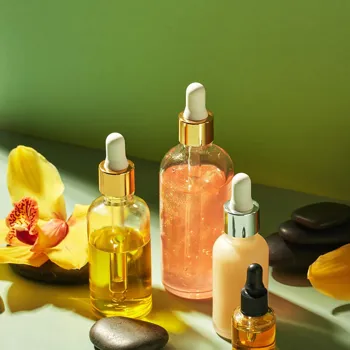
Combination skin requires a balanced approach, using lighter products on oily areas and richer ones on dry areas. Normal skin can tolerate a wider range of products, while sensitive skin needs gentle, hypoallergenic options.
A simple test to determine your skin type is to wash your face with a gentle cleanser and pat it dry. After an hour, observe how your skin feels. If it feels tight and dry, you likely have dry skin. If it feels oily all over, you have oily skin.
If only your T-zone is oily, you have combination skin. If it feels comfortable and balanced, you have normal skin. If your skin feels itchy or irritated, you likely have sensitive skin. Once you know your skin type, you can start building a routine that caters to its specific needs.
Pay attention to how your skin reacts to different products.
Skin type can change; reassess regularly for best care
Remember, your skin type can change over time due to factors like age, climate, and hormones. So, it's essential to reassess your skin type periodically and adjust your routine accordingly.
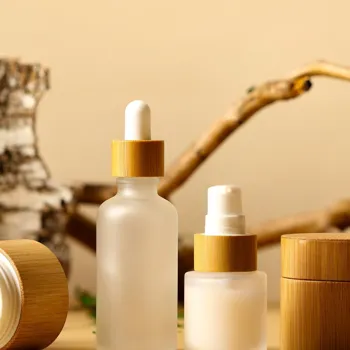
This way, you will be ensuring that you are catering the most for your skin, and your regime will not become obsolete as time passes!
Consistent skincare routine: cleanse, moisturize, protect from sun
A basic skin care routine doesn't have to be complicated or time-consuming. The key is consistency. Even a simple routine performed diligently can make a big difference in the health and appearance of your skin. Here are the three core steps: cleansing, moisturising, and sun protection.
Cleansing removes dirt, oil, and makeup that can clog pores and lead to breakouts. Choose a cleanser that's appropriate for your skin type. Use gentle, circular motions and rinse thoroughly with lukewarm water. Avoid harsh scrubbing, which can irritate the skin.
Moisturising hydrates the skin and helps maintain its protective barrier. Apply moisturiser immediately after cleansing, while your skin is still slightly damp. Choose a moisturiser that's lightweight and non-comedogenic (meaning it won't clog pores).
Consistent sun protection key for anti-aging
Sun protection is arguably the most important step in any skin care routine. Sun exposure is the leading cause of premature aging, wrinkles, and sunspots. Apply a broad-spectrum sunscreen with an SPF of 30 or higher every day, even on cloudy days.

Reapply every two hours, especially if you're sweating or swimming. Choose a sunscreen that's comfortable to wear and doesn't leave a white cast. Look for formulations that are designed for daily use and won't clog pores.
Remember to apply sunscreen to all exposed areas of skin, including your face, neck, ears, and hands. Consistent sun protection will do more for anti-aging than any expensive cream or serum.
Double cleanse for effective makeup removal
In the evenings, add a step to remove makeup before cleansing. Micellar water or cleansing oils are excellent choices for removing makeup gently and effectively.
Double cleansing, which involves using a cleansing oil followed by a gentle cleanser, can also be beneficial for removing stubborn makeup and impurities.
Skin cleansing is crucial for healthy skin
Cleansing is the first and most important step in the skin care routine. Throughout the day, our skin is exposed to dirt, pollution, oil, and makeup. Cleansing removes these impurities, preventing clogged pores, breakouts, and dullness.
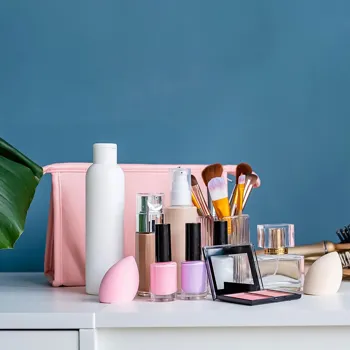
But proper cleansing is essential to prevent further irritation to the skin. The perfect product depends on the needs of each individual's skin, so be aware of what is best for you!
Proper face cleansing tips for healthy skin
Start by wetting your face with lukewarm water. Avoid hot water, as it can strip the skin of its natural oils. Apply a small amount of cleanser to your fingertips and massage it gently onto your face in circular motions. Focus on areas that tend to get oily or congested, such as the T-zone.
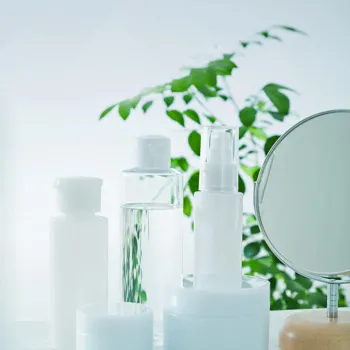
Rinse thoroughly with lukewarm water and pat your skin dry with a clean towel. Avoid rubbing your skin dry, as this can cause irritation. If you wear makeup, consider double cleansing in the evening.
Choosing the right cleanser for your skin type is crucial
Choosing the right cleanser is crucial. For oily skin, a foaming cleanser or gel cleanser works as it cleanses out all of the oil. For dry skin, a cream cleanser is gentle enough to not cause irriation. For sensitive skin, a mild, fragrance free cleanser often ensures the smoothest experience.
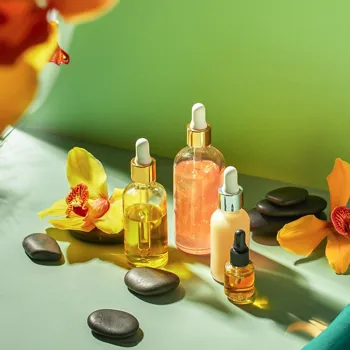
Moisturising maintains healthy, hydrated skin for a youthful look
Moisturising is essential for maintaining healthy, hydrated skin. It helps to replenish the skin's natural moisture barrier, preventing dryness, flakiness, and irritation. A well-hydrated skin plumps up fine lines and wrinkles, giving the skin a smoother, more youthful appearance.
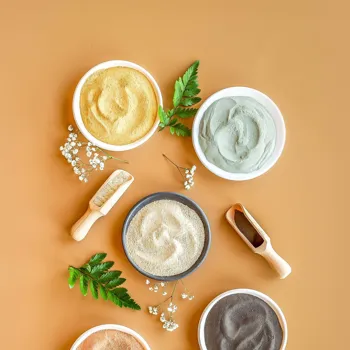
Even oily skin needs moisturising!
Apply moisturizer after cleansing for hydrated skin
After cleansing, while your skin is still slightly damp, apply a moisturiser that's appropriate for your skin type. Use upward, circular motions to massage the moisturiser into your skin. Don't forget to moisturise your neck and décolletage, as these areas are prone to dryness and premature aging.
Key ingredients in moisturizers: humectants, emollients, occlusives
The most important ingredient in a moisturiser, is humectants, such as hyaluronic acid and glycerin, draw moisture from the air into the skin, keeping it hydrated throughout the day. Emollients, such as shea butter and cocoa butter, help to soften and smooth the skin.
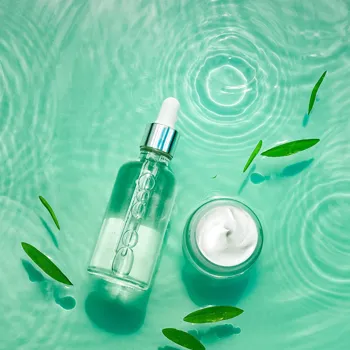
Occlusives, such as petrolatum and mineral oil, create a protective barrier that prevents moisture from escaping.
Choose appropriate moisturizers based on skin type: rich for dry, light for oily, medium for normal, gentle for sensitive
For dry skin, look for rich, creamy moisturisers that contain emollients and occlusives. For oily skin, opt for lightweight, oil-free gels or lotions. For normal skin, a light to medium-weight moisturiser should suffice.
Sensitive skin requires gentle, hypoallergenic moisturisers that are free of fragrance and harsh chemicals.
Sun protection crucial for anti-aging and skin health
Sun protection is the most powerful weapon you have against premature aging, wrinkles, sunspots, and even skin cancer. Sun exposure damages collagen and elastin fibres in the skin, leading to wrinkles, sagging, and a loss of elasticity.

It also increases the production of melanin, which can result in dark spots and hyperpigmentation.
Use SPF 30+ sunscreen daily to shield skin from UV rays
Apply a broad-spectrum sunscreen with an SPF of 30 or higher every day, rain or shine. A broad-spectrum sunscreen protects against both UVA and UVB rays, the two types of ultraviolet radiation that can damage the skin.

Apply sunscreen liberally at least 15-20 minutes before sun exposure, and reapply every two hours, or more frequently if you're sweating or swimming.
Choose lightweight, non-comedogenic sunscreen for daily use
For daily use, look for lightweight, non-comedogenic sunscreens that won't clog pores. There are many options available, including chemical sunscreens, mineral sunscreens, and tinted sunscreens. Chemical sunscreens absorb UV rays, while mineral sunscreens reflect them away from the skin.

Tinted sunscreens can provide a subtle tint or color correction. Choose a formula that you find comfortable to wear and reapply regularly.
Apply sunscreen to all exposed skin, wear protective clothing, seek shade
Sunscreen is not just for the face. Remember to apply sunscreen to all exposed areas of skin, including your neck, ears, hands, and arms. Wear protective clothing, such as hats and long sleeves, whenever possible, and seek shade during peak sun hours (usually between 10 am and 4 pm).

Lifestyle factors affect skin health & appearance
In addition to a good skin care routine, lifestyle factors play a significant role in the health and appearance of your skin. Diet, hydration, sleep, and stress levels can all impact your complexion.
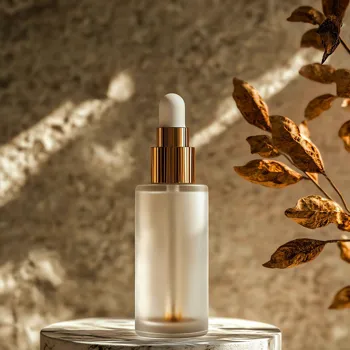
Balanced diet with fruits, veggies, whole grains nourishes skin
A balanced diet rich in fruits, vegetables, and whole grains provides the essential nutrients that your skin needs to thrive. Antioxidants, such as vitamins C and E, protect the skin from free radical damage.

Healthy fats, such as those found in avocados and nuts, help to hydrate the skin from within.
Stay hydrated for healthy, glowing skin
Drink plenty of water throughout the day to keep your skin hydrated and plump. Dehydration can lead to dry, dull skin and accentuate fine lines. Aim for at least eight glasses of water per day.
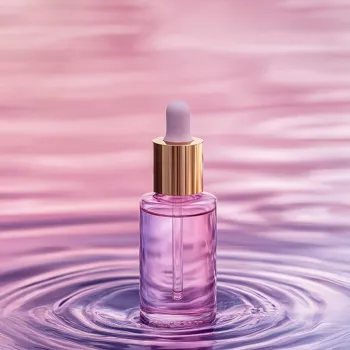
Aim for 7-8 hours of quality sleep for skin health
Get enough sleep each night to allow your skin to repair and regenerate. During sleep, your body produces collagen, which helps to keep the skin firm and elastic. Aim for seven to eight hours of quality sleep per night.

Relaxation techniques improve skin health and overall well-being
Manage your stress levels through relaxation techniques such as yoga, meditation, or deep breathing. Stress can trigger breakouts, inflammation, and premature aging. Finding healthy ways to cope with stress will benefit not only your skin but also your overall well-being.
Consistent skincare routine achieves dream skin affordably
Building a simple and consistent skincare routine, keeping the basics in mind, will allow you to achieve that skin you always dreamed of, without having to spend too much money after all. Consistency is key, so maintain your rituals and skincare routine.




